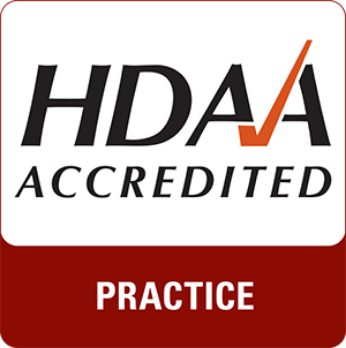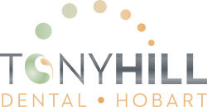Caring For Your Teeth After An Extraction
Postoperative Instructions

DO NOT DISTURB THE WOUND
In doing so you may invite irritation, infection and/or bleeding. Be sure to chew on the opposite side for 24 hours and keep anything sharp from entering the wound (i.e. eating utensils, hard bristle toothbrush, coarse foods, etc).

DO NOT SMOKE FOR 12 HOURS
Smoking can disrupt the formation of the blood clot and interfere with healing.

BRUSHING
Do not brush your teeth for the first 8 hours after surgery. Following this time frame, you may brush your teeth gently with a soft bristled toothbrush, but avoid the area of surgery by using slow and controlled strokes.

MOUTH WASH
Avoid all rinsing for 24 hours after extraction. This is to insure the formation of a healing blood clot, which is essential to proper wound healing. Disturbance of this clot can lead to increased bleeding or the loss of the blood clot. If the clot is lost, a painful condition called dry socket may occur. You may use warm salt water or mild antiseptic rinses after 24 hours only if prescribed andALWAYS using a gentle, controlled swishing, NEVER vigorous.

DO NOT SPIT OR SUCK THROUGH A STRAW
This will promote bleeding and may dislodge the blood clot causing a dry socket.

BLEEDING
When you leave the office, you will be given verbal and written instructions regarding the control of post-operative bleeding. A rolled up gauze pad will be placed on the extraction site and you will be asked to change this dressing every 20 minutes or so depending on the amount of bleeding that is occurring. It is normal for some blood to ooze from the area of surgery. We will also give you a package of gauze to take with you to use at home if the bleeding should continue. Should you need to use the gauze at home, remember to roll it into a ball large enough to cover the wound. Hold firmly in place, by biting or with finger pressure, for about 20-30 minutes. If bleeding still continues, you may fold a moistened tea bag in half and bite down on it. Tea contains Tannic Acid, a styptic, which may help to reduce the bleeding.

PAIN
Some discomfort is normal after surgery. Analgesic tablets (i.e. Aspirin, Panadeine, Paracetamol, Nurofen, etc. ) may be taken under the dentist’s direction. Prescription medication, which may have been given to you, should also be taken as directed. If pain continues, call the dentist.

SWELLING
To prevent swelling, apply an ice pack or a cold towel to the outside of your face in the area of the extraction. This should only be required during the first 12 hours following the procedure. Apply alternately, 20 minutes on then 20 minutes off, for an hour or longer if necessary.

DIET
Eat normal regular meals as soon as you are able after surgery. Cold, soft food such as ice cream or yoghurt may be the most comfortable for the first day. It is also important to drink plenty of fluids.
REPORT ANY UNUSUAL OCCURRENCES IMMEDIATELY!
If you have any questions regarding these directions, call the surgery or Dr Hill (after hours) for clarification.
HDAA Accredited Dental Practice
Our HDAA accreditation demonstrates our compliance with quality, safety & good governance by committing to quality improvement, patient safety and care.

Make An Appointment Today
We look forward to caring for your dental health.

